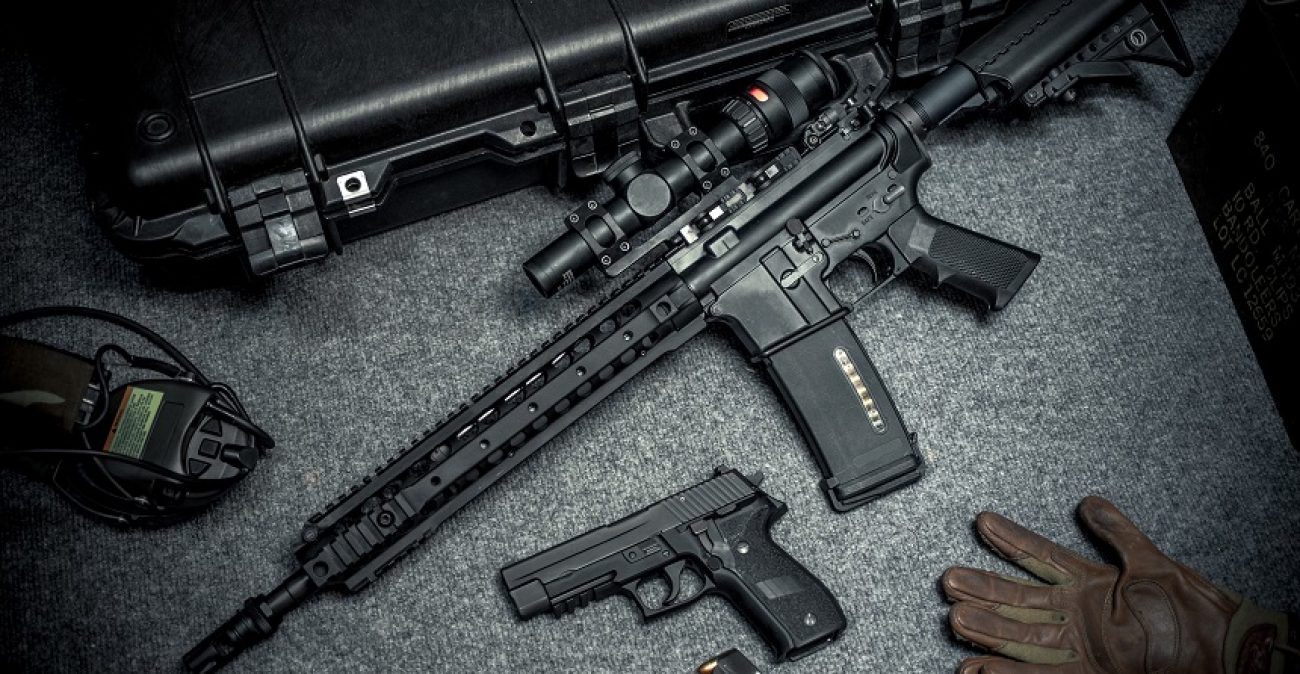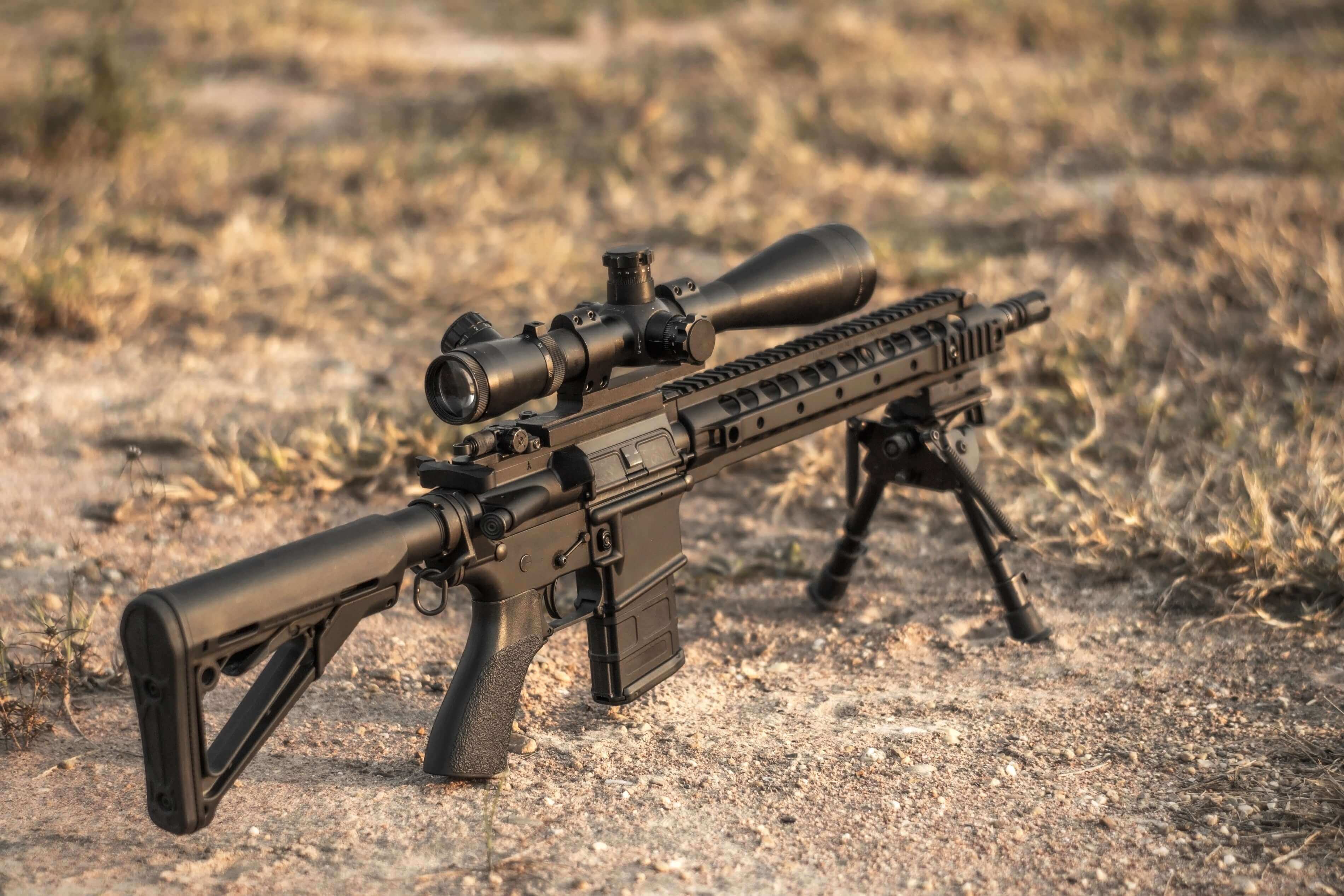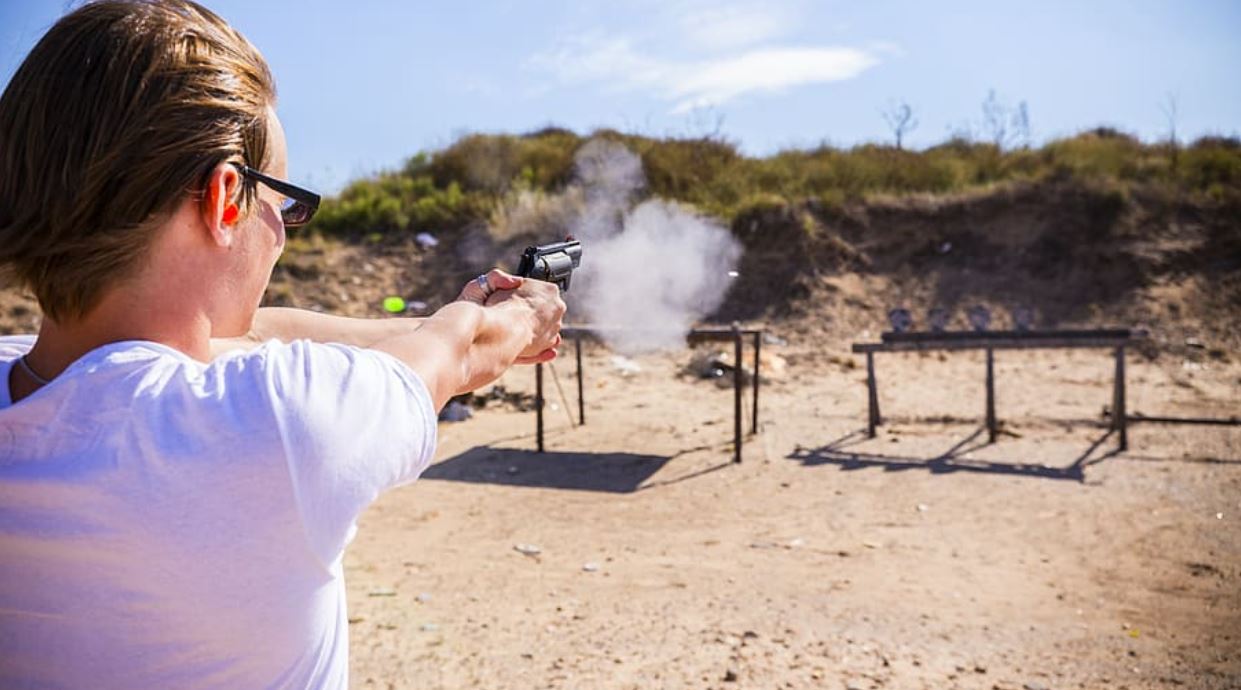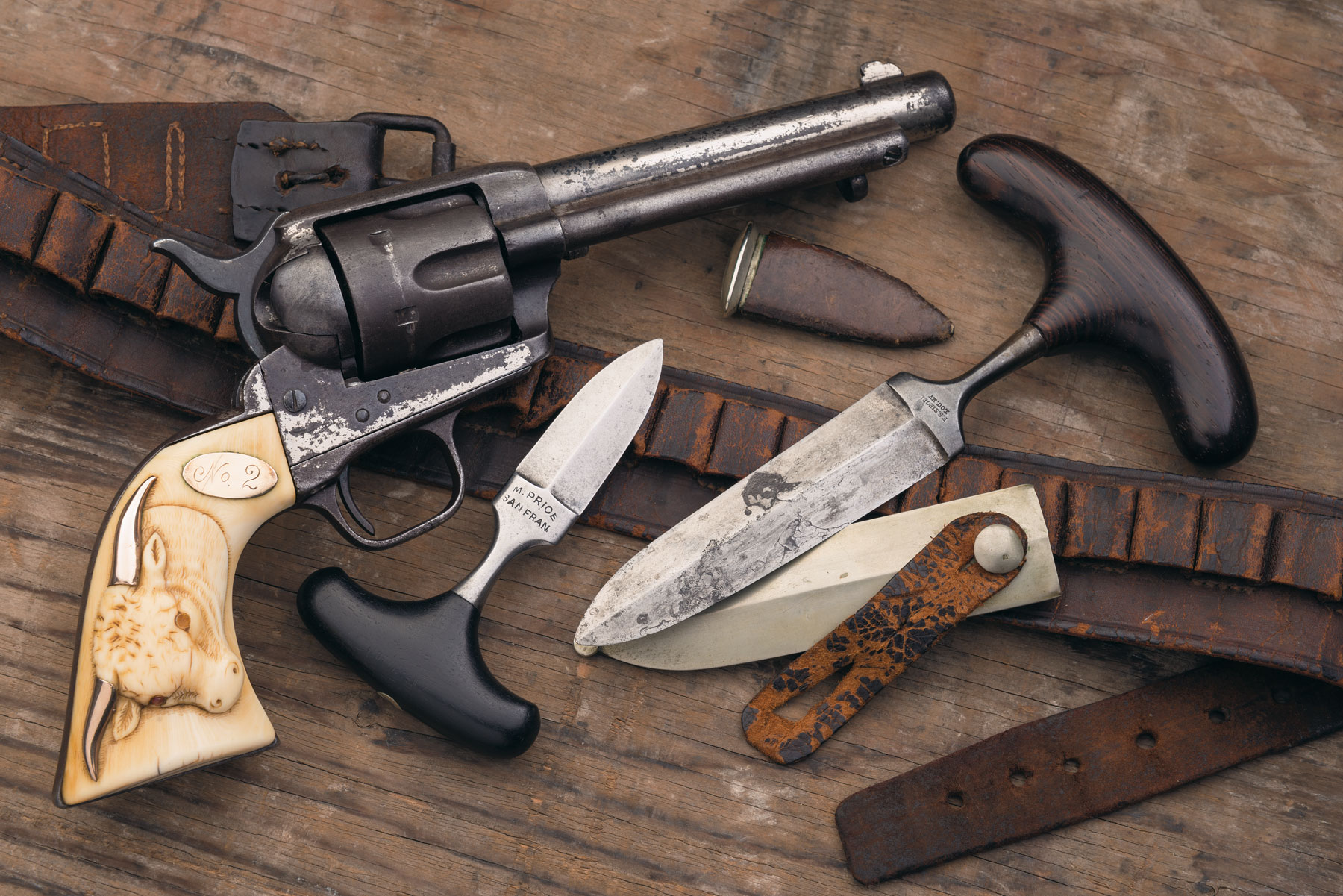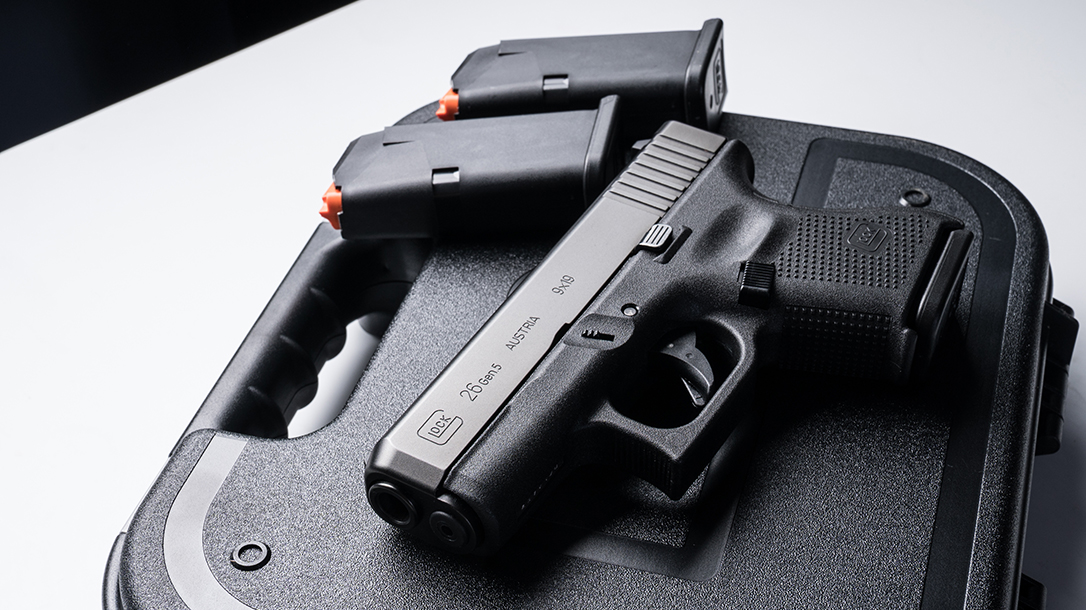Considering the widespread popularity of AR15, it’s only natural that accessory manufacturers release an assortment of products for firearms based on the ArmaLite rifle and scope is no exception. With just a quick look, gun owners should find numerous optics for AR15-style rifles with distinct features and specifications. Still, while the huge number of models means people ever run out of options, getting a suitable AR-15 scope is no walk in the park.
Don’t know much about how to choose a scope for an AR15 and could use a couple of pointers? Then this article would certainly be of use to you.
Contents
Getting An AR-15 Scope: Shopping Guide
Different people look for different things in scopes but to pick up the best scope for AR-15, it’s important that you memorize these criteria
Durability
Technically, it’s unwise to treat optics roughly but you have no need for rifle scopes that outright break apart after sustaining mild physical impacts. In use, AR-15 scopes tend to be subjected to recoil in addition to bumps and hits on a regular basis. Because of that, while choosing optics for AR-15 nowadays, it’s strongly recommended that you pay special attention to durability. Avoid coming to a purchase unless you know for sure that the scope you like is able to hold together.
Magnification
In layman’s terms, the magnification of a rifle scope determines how far shooters may see and shoot with it. To deduce the ideal magnification for your scope, it’s essential that you take into account your average shooting distance. If you only shoot at around two hundred yards, 4x scopes would likely be adequate. On the other hand, in the case that you wish to throw shots out to one thousand yards, you have to stick to 10x optics.
Eye Relief
Eye relief is the distance between your eyes and the scope at which you could see everything produced by it. If you really don’t like to end up with a nasty “scope eye” then it’s suggested that you give eye relief some thoughts. Normally, by thinking about the optic mount on your rifle and the rounds you use, it’s a breeze to calculate the necessary eye relief. That is going to let you shorten your shortlist and save lots of time too.
Turrets
From zeroing to applying compensations, many key adjustments with rifle scopes involve the use of their turrets so you must be thorough as you evaluate them. Depending on the optics, the turrets can be manipulated by hands or have to be moved with dedicated tools. It’s a good idea to use your shooting style to decide the suitability of turrets on particular rifle scopes. Besides making your own assessment, you should read reviewers of other shooters and learn what they say about your chosen rifle scope on the field.
Budget
Scopes for AR15-style rifles could vary between hundreds and thousands of dollars, hence, creating a sound budget is important. Generally, unless you happen to have sophisticated requirements, there is no need to spend big bucks on top-tier optics. The market is well-saturated with quality AR-15 scopes that also come at reasonable prices. That being said, as a precaution, it’s widely advised that you steer clear of dirt-cheap rifle optics since they routinely use subpar materials to cut down manufacturing cost.
Reputable Brands Of Rifle Optics
The brand of a scope tells little about its values so it’s unnecessary to worry too much about brand. Nevertheless, if you care about reputability, you should keep an eye out for rifle optics made by the following manufacturers.
Nikon
In the optic industry, Nikon is considered to be one of the leading names with outstanding innovations and production techniques. Unsurprisingly, those that desire no-nonsense rifle scopes for AR-15 hold Nikon in high esteem.
Leupold
Owing to its emphasis on practicality, Leupold is capable of assembling solid scopes that give a good account of themselves in all kinds of environments. In addition to that, as Leupold optics just need basic care, they have undemanding maintenance.
Bushnell
With the ability to deliver great optics at economical prices, Bushnell is deemed to be the number one choice for shooters that have tight wallets. Moreover, scopes from Bushnell pack enhanced endurance so they last a long time in use.
Read more:
FFP Scopes Vs. SFP Scopes
Have a hard time making up your mind once it comes to FFP vs. SFP? In that case, the comparison below would help you out.
- FFP (First Focal Plane) Scopes: In FFP scopes, the aiming reticle changes size as the magnification setting increases and decreases. As a result, holdover points of scopes in the first focal plane remain pretty much constant at all times which is vital to range estimation. On the downside, the variable thickness of the aiming reticle may cause a couple of issues with target acquisitions at the highest and lowest magnification.
- SFP (Second Focal Plane) Scopes: In SFP scopes, the aiming reticle remains unchanged as shooters cycle through the magnification settings. That is why with scopes in the second focal plane, people could acquire and track targets regardless of the magnification. However, holdover points of SFP scopes only work at one magnification setting (usually the highest).
Last Updated on September 18, 2020
